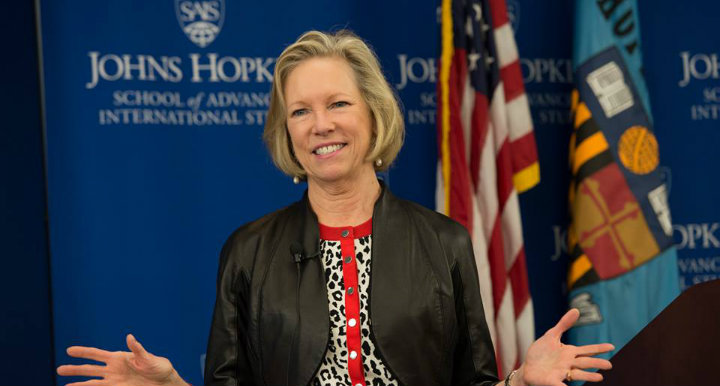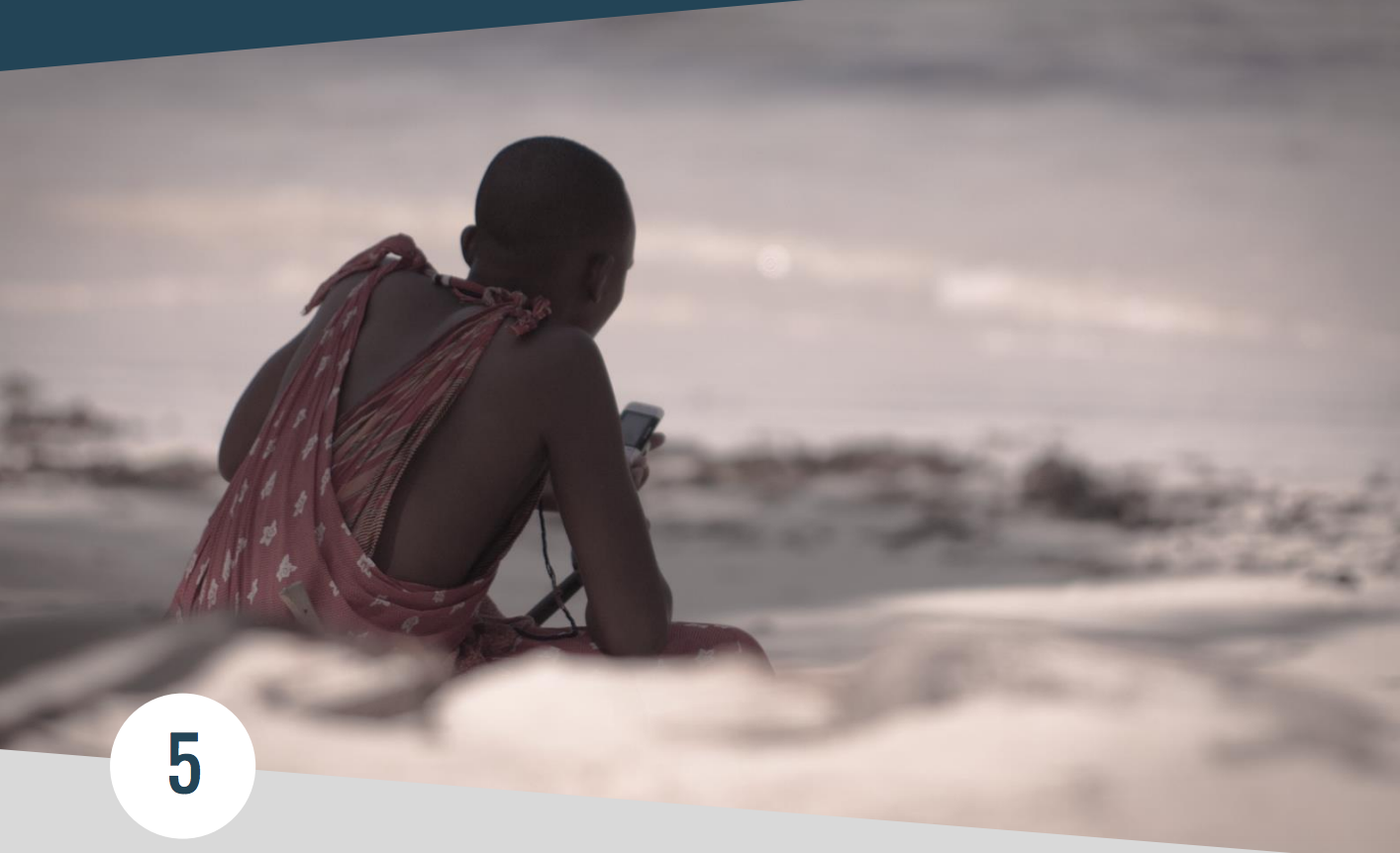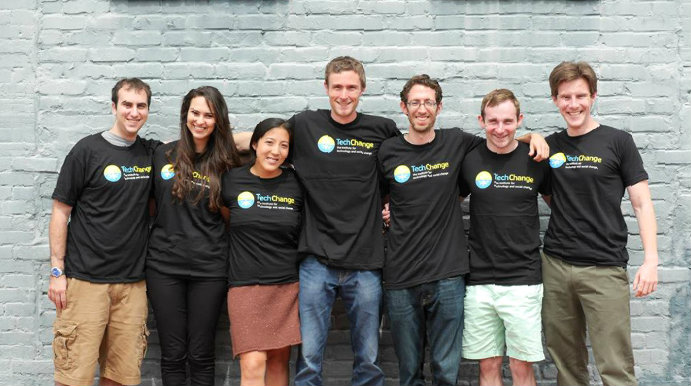Last Friday, the Johns Hopkins University’s School of Advanced International Studies (SAIS) launched its second annual Global Women in Leadership Conference with this year’s theme on “Technology in Action: Changing the Way Women Live and Work”. Throughout the day, female leaders spanning various aspects of the tech industry from across the world joined over 300 conference attendees to discuss the growing role of women in technology.
Supporting women in tech has always been important to TechChange and we’ve been excited to work with several organizations in this space. For example, we’ve worked with TechGirls at the State Department, Mobile Alliance for Maternal Action (MAMA), and partnered with USAID to create a course on Gender in Political Transition Environments. At the conference, it was great to hear from TechChange partners including MAMA’s Executive Director, Kirsten Gagniare, and Christopher Burns, Senior Advisor and Team Lead for Mobile Access at USAID, as they discussed mHealth and mobiles for international development. I found it personally inspiring to meet and hear from all of these female trailblazers in tech from across the world including Roya Mahboob, one of the first female IT CEOs in Afghanistan, and many more women leaders in technology driven industries.
In case you missed the event, here are a few highlights from this conference on women and technology:
- Mobile is the future to empowering women worldwide. ICT4D and women’s global access to technology, especially mobile phones, was a strong theme throughout the event. According to keynote speaker, Kathy Calvin, President and CEO of the UN Foundation, there are currently more mobile phones than people in Africa. Also, the gender gap in mobile phone usage is wide: women have 300 million less mobile subscriptions than men.
Mayra Buvinic, Senior Fellow at the UN Foundation discussed how mobile phones empower women with mobility and privacy for financial transactions. A specific example of this empowerment is via M-PESA, which has been championed by women and has become a global model for mobile money, according to Jalak Jobanputra, venture capitalist and Managing Partner of FuturePerfect Ventures. With the excitement of emerging mobile technology, ThoughtWorks CTO, Rebecca Parson, highlighted an important point on how cultural and local context matters in ICT4D. She shared a poignant anecdote on a water project in Africa that was sabotaged by the women of a particular village. The motivation behind this damage was to preserve the already limited external interaction among the females of this community; the water pump technology took away the opportunity for women to interact with each other when they would collectively fetch water for their families.
2. Education is key for women to succeed in tech. In the conference’s final panel on “Leveling the Field: Expanding Economic Opportunities”, panelists shared several resources for women to build up their technical acumen and to get involved in tech communities. Be sure to check out groups and organizations like Tech LadyMafia, Rails Girls, CodeChix, Girls Who Code, and taking online courses with TechChange! Proficiency in tech tools opens up options for women in terms of job opportunities and work arrangements such as telecommuting and flexible work schedules when using collaborative software.
3. Women as consumers and producers of tech will result in products more catered to women. Jennifer Sherman, Senior Vice President of Product Mangement at Aptean, made a strong business case for design teams to consider women when creating new tech products. As tech companies are looking to grow their customer base, they will need to understand what women want as more women want to buy tech products that are specifically designed and built to meet their needs.
What was your favorite takeaway from the conference? How will the world be shaped by women consuming and producing more technology? Let us know your thoughts!



